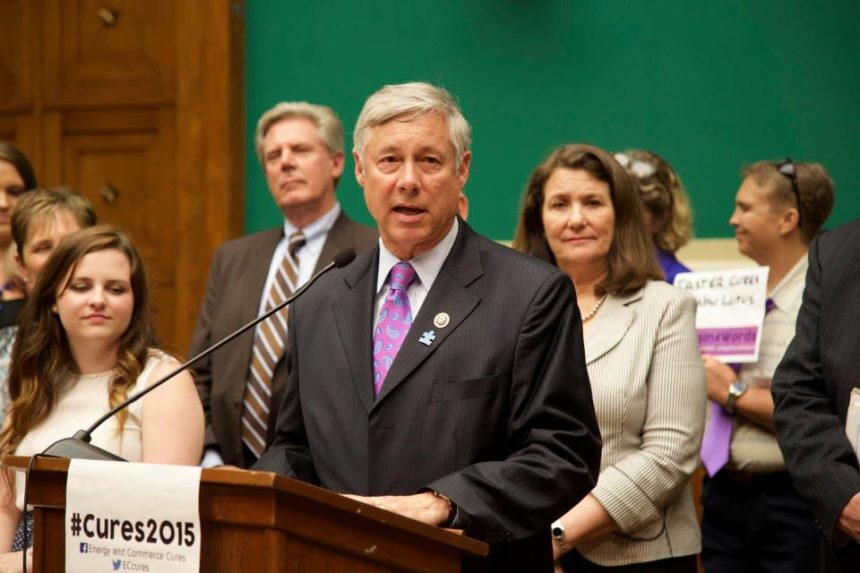Lawmakers in the House of Representatives are expected to vote Friday on the 21st Century Cures Act, a sweeping bill that seeks to reform and hasten the drug approval and delivery process.
The legislation would also make changes to specific pharmaceutical marketing practices by allowing drugmakers to share off-label economic data about their products with payers and formulary committees as well as again carving out an exemption for continuing medical education so that some CME activities would be exempt from disclosure in the Open Payments database.
Reps. Andy Harris (R-MD) and Michael Burgess (R-TX) and House Energy and Commerce Committee Chairman Fred Upton (R-MI) said the bill is “a fiscally responsible approach to improving the discovery, development and delivery of cures for patients around the country.”
But the legislation also has a number of critics, including former FDA Commissioner Margaret Hamburg, who announced in February that she would step down. While most parties recognize the value in legislative changes such as boosting funding to the National Institutes of Health, critics are concerned about the risk of making the FDA approval process less rigorous.
“There’s a misperception that you might be able to speed up innovation by lowering the standards for safety and efficacy, and I think that would be a terrible mistake that would not only just damage patients, but industry as well,” Hamburg said in public remarks in March.
In a perspective published June 25 in The New England Journal of Medicine, Drs. Jerry Avorn and Aaron Kesselheim acknowledged the value of increasing NIH funding but said other provisions will be more likely to weaken the safety process for new medical products.
“Embedded in the language of the 21st Century Cures Act are some good ideas that could streamline the development and evaluation of new drugs and devices; its call for increased NIH funding may prove to be its most useful component,” they wrote. “But political forces have also introduced other provisions that could lead to the approval of drugs and devices that are less safe or effective than existing criteria would permit.”







